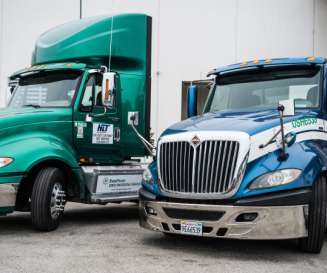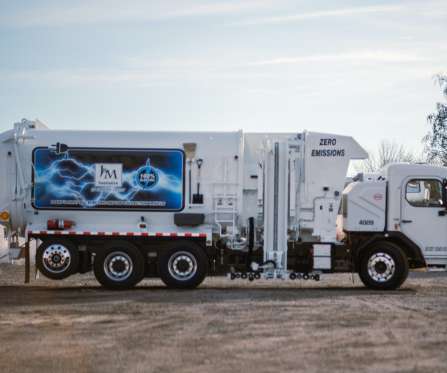NREL report finds electrified heavy-duty vehicle powertrains could provide lower total cost of ownership than diesel under certain conditions
Green Car Congress
SEPTEMBER 22, 2021
A new total cost of ownership (TCO) study from the National Renewable Energy Laboratory (NREL) finds that battery-electric and fuel-cell electric commercial trucks could be economically competitive with conventional diesel trucks by 2025 in some operating scenarios. —Hunter et al.












Let's personalize your content